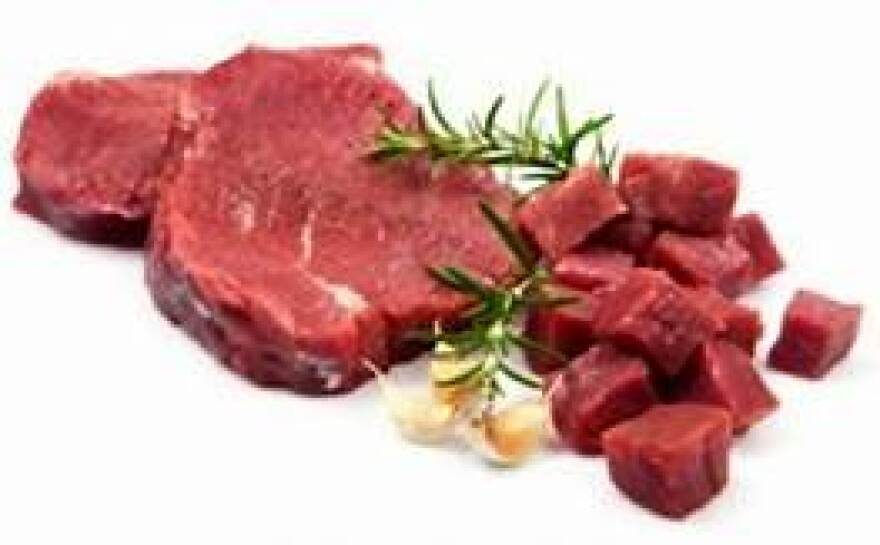My mother-in-law and I had a long-running … erm … “discussion” about whether or not it’s appropriate to wash raw meat before cooking it. She thought yes … you should wash it for the same reason that you wash apples and cereal bowls. To get the crud off.
She dutifully rinsed her chicken carcasses and pork chops at the tap and patted them dry with paper towels before putting them in a pan to cook. It couldn’t hurt to wash away some of the contaminants before the meat hits the pan, she reasoned.
I said no. I’d been raised to just throw the steak into a pan with a bit of hot oil … that the heat itself would kill anything that needed killing. And just recently, I found out that food safety experts actually agree with me. They don’t recommend washing meat before cooking, for concern over the possible spread of germs in your kitchen, onto your countertops, to other food and onto you from the splatter of running water.
Water can splash bacteria up to 3 feet surrounding your sink, which can lead to cross-contamination, according to the USDA. Research has shown that it is best to move meat and poultry straight from package to pan since the heat required for cooking will kill any bacteria that may be present.
But what about when your raw chicken was thawed in the package with that stuff that you probably assume is blood, but is actually water and meat proteins that have seeped from the meat. That stuff is fine … it’s basically liquid chicken. It doesn’t need to be cleaned off.
Plus, there are epicurean reasons NOT to rinse meat. Excess moisture on the meat’s surface inhibits the Maillard reaction, the chemical process that creates that coveted golden sear on your t-bone. The Maillard reaction begins at approximately 230 degrees. Water, which converts to vapor way down at 212 degrees simply won’t get hot enough to let the reaction to occur until all the water is cooked off ... but by that time your steak could already be well done.
I know, I know! Julia Child and countless other chefs and recipes tell you otherwise, but they … along with my mother-in-law, are wrong.
It is, unfortunately, too late to bring this up to her, since she passed away years ago, but if she were around today, I would humbly produce the science … and maybe also tell her how much I miss her pork chops.






